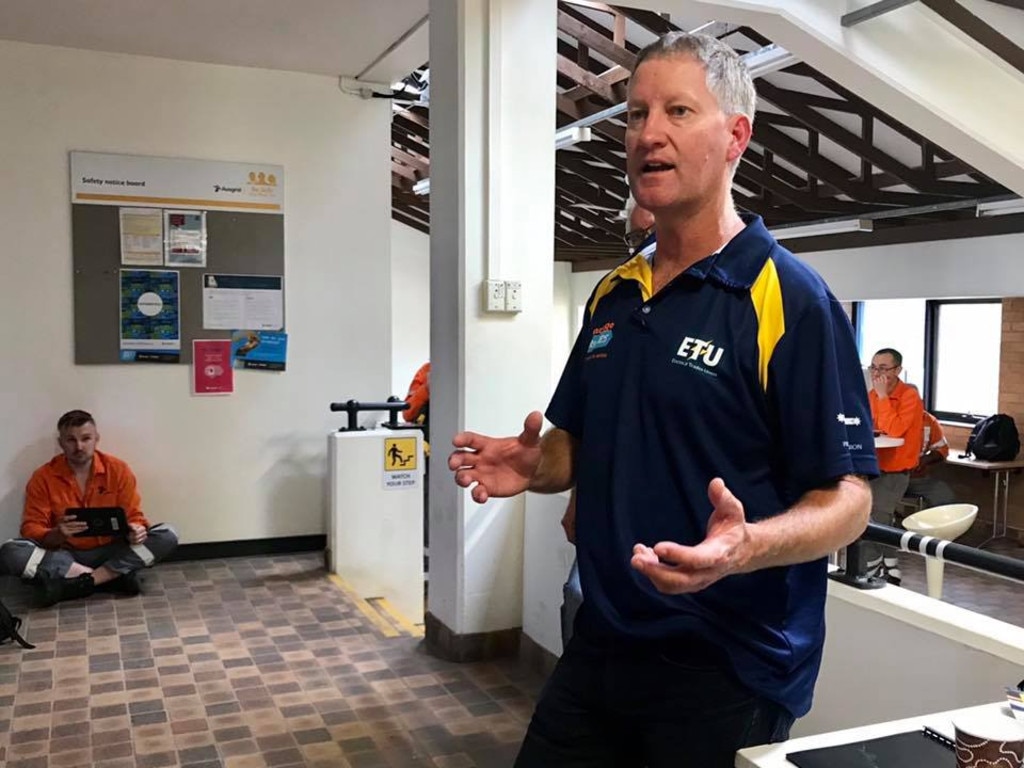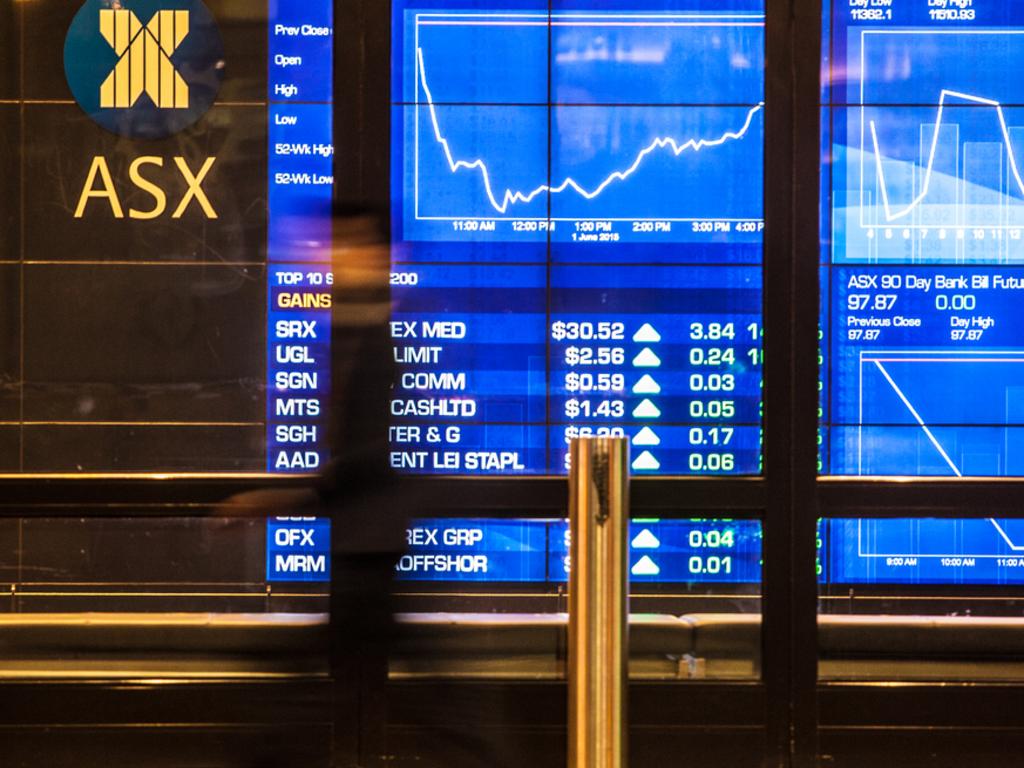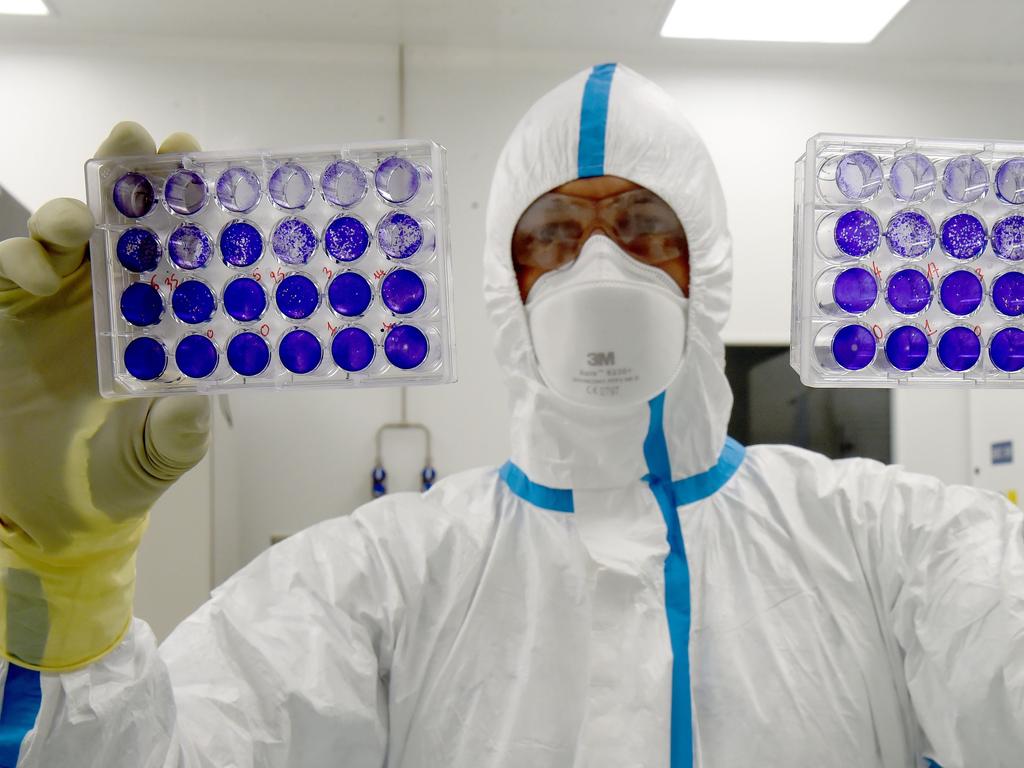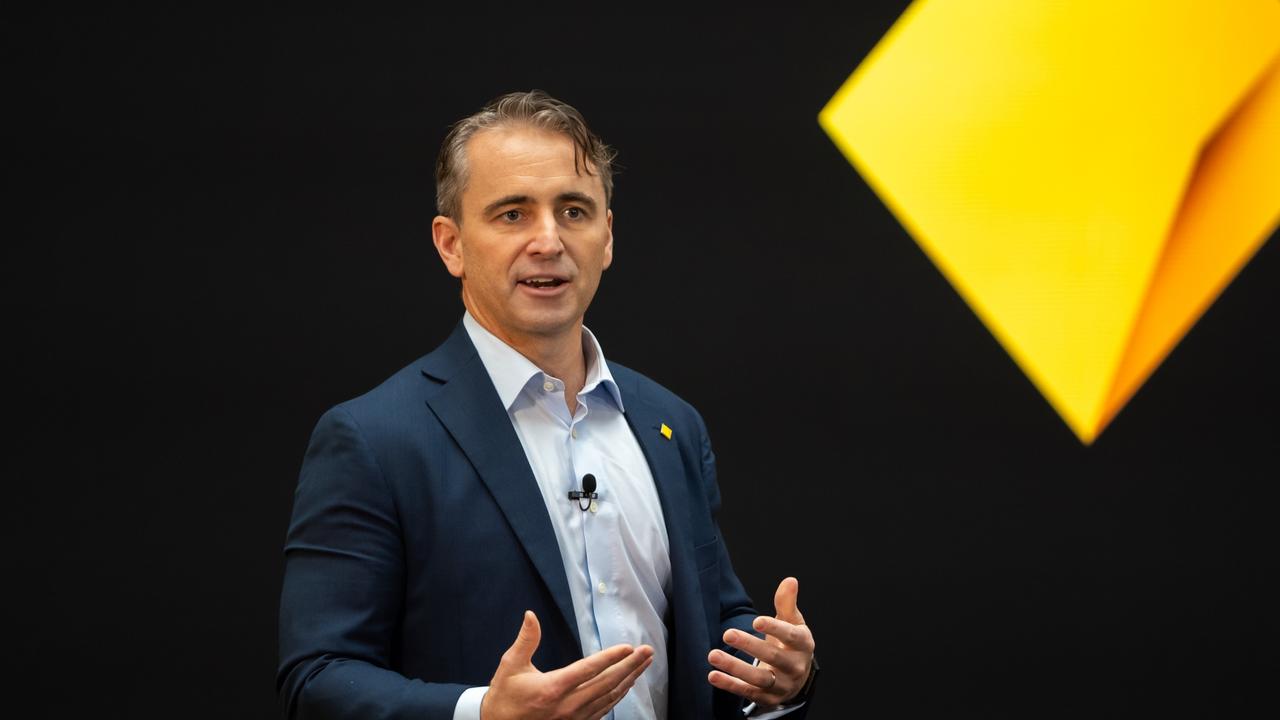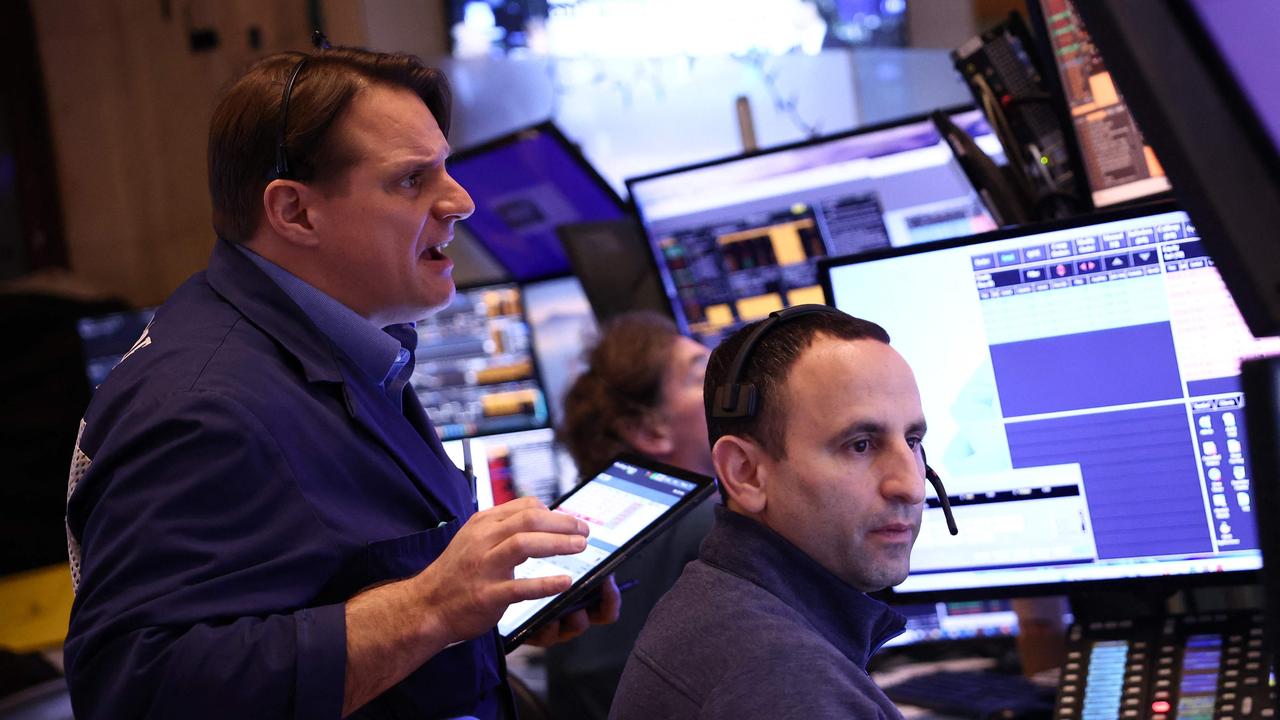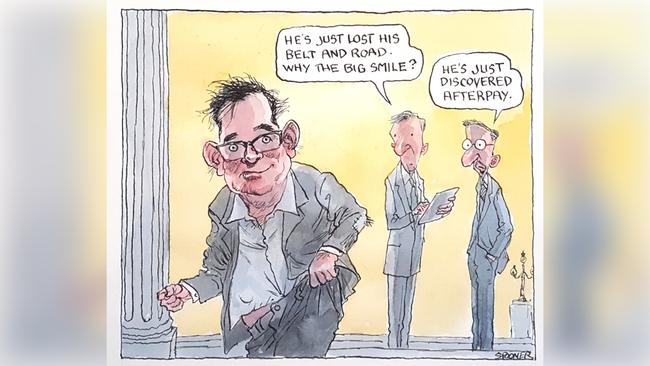
The Australian dollar has rallied 31 per cent against the greenback since March, due mainly to weakness in the US dollar and a more risk-friendly market, but the good news is the impact on the local economy is relatively muted.
Key Australian imports like tourism and education are blocked due to COVID, so are not likely to be impacted and the recession means less trade overall.
The spurt in the dollar to a touch over US73c (before trading down slightly) from lows of US55c back in March was due to the latest musings from US Fed chief Jerome Powell.
The reasons for the rally (in any order you like) are US dollar weakness, commodity price strength (particularly iron ore now at $US122 a tonne spot price), and a risk-on approach to financial markets.
The March lows came at the start of the COVID-19 fears when the market was factoring in doomsday, which of course may yet play out.
Powell told the annual Jackson Hole (virtual) conference the Fed would drop its strict adherence to a 2 per cent inflation target to one more like the RBA’s 2 to 3 per cent.
He didn’t use those words but his policy change marks a shift from the famous words of long-running Fed chief William McChesney Martin in the late 1950s, who said the Fed’s job was to take the punch bowl away before the party gets going.
Jerome Powell is now happy to let the party get going before moving the bowl. In effect he is saying he is happy to run the economy a bit hotter than in days past and that means interest rates will stay lower for longer.
That may have been accepted as the reality before Powell spoke, but it is different when the Fed chief actually puts his words around the accepted market wisdom. This explains the fall in the value of the US dollar and it helped push US stock prices higher on Thursday, with the S&P 500 index up 4 per cent this year against the 9 per cent fall in the Australian index.
That said, the local market is up 3 per cent this month, in part because the profit season was not as bad as expected. Stocks trade in relative valuations, so expectations hold the day.
AMP’s Shane Oliver noted only 28 per cent of companies increased dividends and 55 per cent cut them. Normally the reverse applies.
Overall some 36 per cent of profits rose and 64 per cent fell.
The accompanying table from Goldman Sachs shows how consensus forecasts changed over the course of the season, now expecting 2020 profits to be down 15.2 per cent and 2021 off 0.5 per cent.
Next week the full extent of the gloom will be clear with the second-quarter GDP numbers expected to be bad, down some 6 per cent, although the Treasury is predicting a 7 per cent fall.
At this stage of the cycle it is politically better for the government to be more pessimistic than the market and then surprised on the upside.
The jobs numbers are a lagging indicator but worse all around with Saul Eslake’s figures putting the real unemployment rate at 9.3 per cent, including those who have dropped out of the market.
This compares to the official rate at 7.5 per cent and the comparable US figures at 10.2 per cent — and 13.6 per cent if you include those who have dropped out.
Next hurdle comes at month’s end when the government subsidies like JobKeeper start tapering off and the market learns the true impact of COVID.
Longer term lower US interest means higher risk-free rates for equities, which raises the hurdles for companies with weak pricing power.
Boral’s new direction
New Boral boss Zlatko Todorcevski impressed at his first outing at Boral’s earnings release because with the freedom of being the new guy on the team he could bucket the $3.7bn US Headwater acquisition and also express an open mind on future strategy.
His moment comes in October when his internal reviews are completed and 20 per cent of shareholders (Ryan Stokes, Perpetual and Tanarra) at least want the US business sold.
Todorcevski said no one had said as much to him they just wanted decisions.
In good new-boss style he has already had a $1.3bn writedown, pushing the value of the entire US operations at $2.25bn and pleasingly ruled out an equity raising.
Ownership Matters figures show post-COVID Australian companies have raised $31.2bn, netting investment bankers $517.4m. The $1.3bn Boral writedown brings to $16.4bn the writedowns unveiled this season.
In a recession writedowns make sense and indeed are prudent but they also translate into higher earnings next year because lower asset values mean lower depreciation charges.
Goldman strategist Matt Ross noted in the last downturn after the GFC corporate Australia was “conservative” in writing down assets by $150bn from 2010 to 2016, which amounted to 16 per cent of normalised earnings.
Investors don’t take much notice of non-cash writedowns, but on Ross’s reckoning in the six years to 2016 companies impaired assets totalling $77bn, which lowered depreciation charges by 4 per cent and inflated earnings per share by 4 per cent.
This is particularly the case in sectors like transport, the airports and the like which are not worth what they were a year ago.
Auditors might like some conservatism on the balance sheet but the tactic is also a good way of managing earnings going forward.
Forrest not keen
Billionaire mining magnate Andrew Forrest is playing down interest in the Lion’s proposed $600m dairy sale.
When you earn $1bn or so in dividends a year you tend to be approached on a lot of deals and especially this one, as Forrest’s private investment arm Tattarang has sizeable farm interests and close ties to China. Tattarang is the new name for Forrest’s private commercial interests, which include seafood, cattle stations, wind energy and Sun Cable, the solar power project with Atlassian’s Mike Cannon-Brookes.
Lion Dairy and Drinks has opened the door until mid-December to test the market for the sale of the dairy business after the federal government intervened to stop its sale to China’s Mengniu.
Known to be interested are Bega Cheese, and John Wylie’s Tanarra Capital leading a consortium of industry funds, but for the record Tattarang says it is not overly keen.
If there is not the right interest Lion will keep the business under Kathy Karabatsas.


